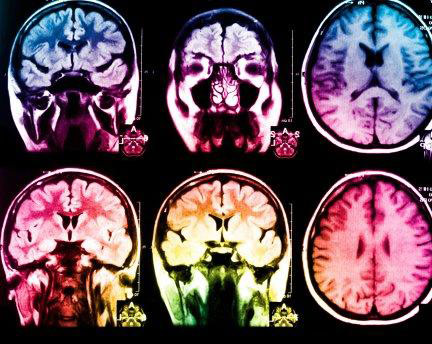
Researchers have discovered a previously unknown mechanism through which the brain produces new nerve cells after a stroke. Credit: Lund University
Working with mice, researchers from Lund University and the Karolinska Institute have discovered a previously unknown mechanism through which the brain produces new nerve cells after a stroke.
The findings have been published in the journal Science.
A stroke is caused by a blood clot blocking a blood vessel in the brain, which leads to an interruption of blood flow and therefore a shortage of oxygen. Many nerve cells die, resulting in motor, sensory and cognitive problems.
The researchers have shown that following an induced stroke in mice, support cells, so-called astrocytes, start to form nerve cells in the injured part of the brain. Using genetic methods to map the fate of the cells, the scientists could demonstrate that astrocytes in this area formed immature nerve cells, which then developed into mature nerve cells.
”This is the first time that astrocytes have been shown to have the capacity to start a process that leads to the generation of new nerve cells after a stroke”, says Zaal Kokaia, Professor of Experimental Medical Research at Lund University.
The scientists could also identify the signaling mechanism that regulates the conversion of the astrocytes to nerve cells. In a healthy brain, this signaling mechanism is active and inhibits the conversion, and, consequently, the astrocytes do not generate nerve cells. Following a stroke, the signaling mechanism is suppressed and astrocytes can start the process of generating new cells.
”Interestingly, even when we blocked the signaling mechanism in mice not subjected to a stroke, the astrocytes formed new nerve cells”, says Zaal Kokaia.
“This indicates that it is not only a stroke that can activate the latent process in astrocytes. Therefore, the mechanism is a potentially useful target for the production of new nerve cells, when replacing dead cells following other brain diseases or damage.”
The new nerve cells were found to form specialized contacts with other cells. It remains to be shown whether the nerve cells are functional and to what extent they contribute to the spontaneous recovery that is observed in a majority of experimental animals and patients after a stroke.
A decade ago, Kokaia’s and Lindvall’s research group was the first to show that stroke leads to the formation of new nerve cells from the adult brain’s own neural stem cells. The new findings further underscore that when the adult brain suffers a major blow such as a stroke, it makes a strong effort to repair itself using a variety of mechanisms.
The major advancement with the new study is that it demonstrates for the first time that self-repair in the adult brain involves astrocytes entering a process by which they change their identity to nerve cells.
”One of the major tasks now is to explore whether astrocytes are also converted to neurons in the human brain following damage or disease. Interestingly, it is known that in the healthy human brain, new nerve cells are formed in the striatum. The new data raise the possibility that some of these nerve cells derive from local astrocytes. If the new mechanism also operates in the human brain and can be potentiated, this could become of clinical importance not only for stroke patients, but also for replacing neurons which have died, thus restoring function in patients with other disorders such as Parkinson’s disease and Huntington’s disease”, says Olle Lindvall, Senior Professor of Neurology.
Reference: “A latent neurogenic program in astrocytes regulated by Notch signaling in the mouse” by Jens P. Magnusson, Christian Göritz, Jemal Tatarishvili, David O. Dias, Emma M. K. Smith, Olle Lindvall, Zaal Kokaia and Jonas Frisén, 10 October 2014, Science.
DOI: 10.1126/science.346.6206.237

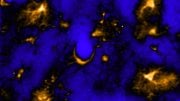
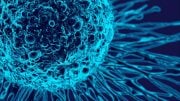
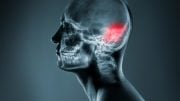
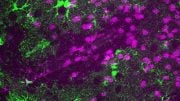
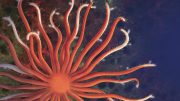
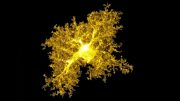
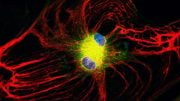
Be the first to comment on "Previously Unknown Mechanism Repairs Brain after Stroke"